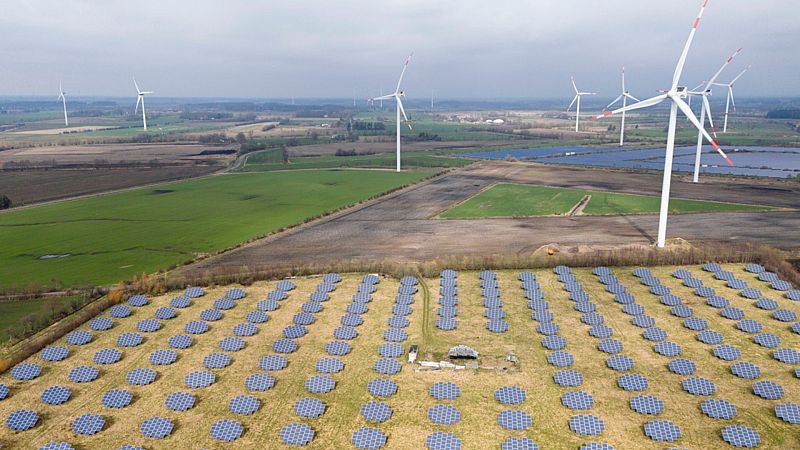
Scientists have found a way to transform previously worthless industrial waste into a crucial substance used in batteries.
Triphenylphosphine oxide (TPPO) is produced in the manufacture of items such as vitamin pills. A new process discovered by scientists at Northwestern University in the US converts it into a useful agent for storing energy that could serve as a substitute for rare metals in certain instances.
Unlike more usual lithium batteries, which keep energy in electrodes, the redox flow batteries that can be made using this new method use a chemical reaction to transfer energy back and forth between the electrolytes where their energy is stored.
to help level out fluctuations in supply.
"It's not just that an organic molecule can be used, but it can also store a lot of energy with stability that's comparable to metal-based alternatives," says Emily Mahoney, a PhD candidate and the paper's first author.
“These two criteria are notoriously difficult to optimise simultaneously, so showcasing this balance for a compound derived from waste is a particularly noteworthy achievement.”
Turning industrial waste into a valuable resource.
As demand for batteries escalates, the need for metals such as lithium and cobalt to manufacture them is rising.
will be needed.
“Research into battery technology has historically been led by engineering and materials science experts,” says Dr Christian Malapit, a chemist from Northwestern.
“Chemists working with synthetic materials can play a role in transforming an organic waste material into a molecule able to store energy. Our discovery demonstrates the potential of converting waste compounds into useful resources, providing a sustainable route for innovative advances in battery technology.”
Vast quantities of TPPO are produced annually, but it is currently rendered useless and must be disposed of with great care. Additional research is needed to investigate the potential to turn this waste material into valuable and eco-friendly resources, however scientists are optimistic that it could be utilised in the future to store renewable energy.

